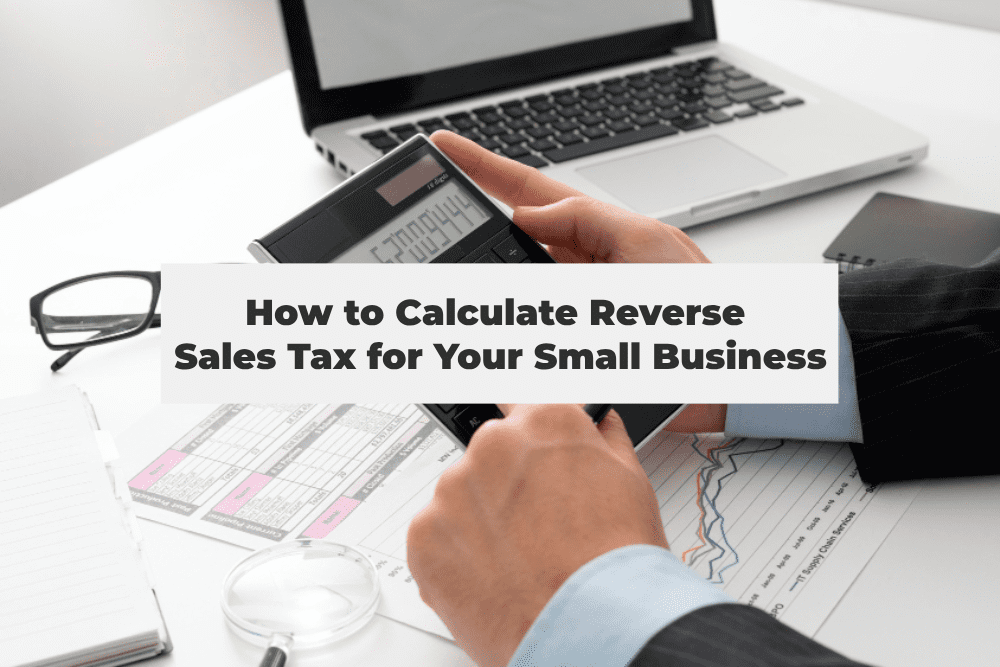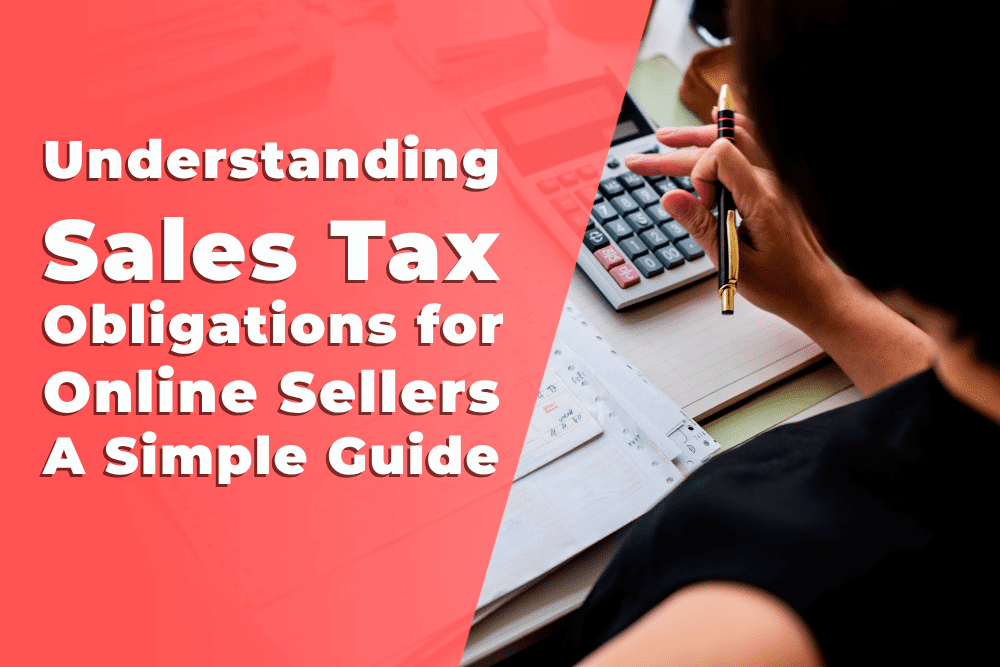Selling products online is an exciting way to grow your business and reach customers all over the country—or even the world. But with great opportunities come responsibilities, and one of those is understanding and complying with sales tax obligations. If you’re an online seller, it’s essential to understand what sales tax is, how it applies to your business, and how to stay compliant with tax regulations.
In this guide, we’ll break down the complexities of understanding sales tax obligations for online sellers into simple, manageable parts. By the end, you’ll have a clear roadmap to navigate your sales tax responsibilities.
What Is Sales Tax?
Sales tax is a consumption tax imposed by state and local governments on the sale of goods and services. The tax is paid by the buyer at the time of purchase, and as the seller, your responsibility is to collect the tax and remit it to the appropriate tax authorities.
When Do Online Sellers Need to Collect Sales Tax?
The need to collect sales tax depends on two key factors:
- Nexus:
Nexus means a significant connection between your business and a state. Nexus can be established through:- Physical presence: Owning a store, office, or warehouse in the state.
- Economic presence: Exceeding a specific sales or transaction threshold in the state (economic nexus).
- Affiliate or marketplace nexus: Working with affiliates or selling through platforms like Amazon that create a nexus in certain states.
- Taxable Products:
Not all products and services are subject to sales tax. For example, in some states, digital goods like e-books or software may be exempt.
How to Determine Your Sales Tax Nexus
Understanding where you have nexus is crucial for online sellers. Here’s how to evaluate it:
- Review Your Sales Activity:
Identify the states where you have physical presence, sell products, or work with affiliates. - Check Economic Nexus Laws:
Most states have established thresholds, such as $100,000 in sales or 200 transactions in a calendar year. - Research Specific State Laws:
Visit state tax department websites or consult resources like the Streamlined Sales Tax Governing Board (SSTGB).
((IRS-related link suggestion: Provide a link to the IRS page explaining state-specific sales tax obligations for small businesses.))
Registering for Sales Tax Permits
Once you’ve determined where you need to collect sales tax, the next step is registering for a sales tax permit in those states. Here’s a simple process:
- Visit the State Tax Department Website:
Each state has its tax registration process. Search for “sales tax permit” on the state’s official website. - Complete the Application:
You’ll typically need information about your business, such as your Employer Identification Number (EIN) and sales details. - Keep Your Permit Information Safe:
You’ll need your permit number for filing and remittance.
Collecting and Remitting Sales Tax
How to Collect Sales Tax
- Use Your Ecommerce Platform: Most platforms like Shopify or Etsy have sales tax tools to automatically calculate the correct rates for customers based on their location.
- Understand Destination-Based vs. Origin-Based Sales Tax:
- Destination-based states: Collect sales tax based on the buyer’s location.
- Origin-based states: Collect sales tax based on the seller’s location.
How to Remit Sales Tax
After collecting sales tax, you must remit it to the appropriate state. Follow these steps:
- File Regularly: Most states require monthly, quarterly, or annual filings depending on your sales volume.
- Use Online Portals: Many states offer online portals for filing and payment.
- Keep Detailed Records: Maintain clear records of all sales and tax collected.
You may also like to read:
Calculate Reverse Sales Tax: A Simple Guide for Small Business Owners
For self-employed physicians, other medical professionals, and mental health professionals…
Read More

The Impact of Marketplace Facilitator Laws
Many states have introduced marketplace facilitator laws, which require platforms like Amazon, eBay, or Walmart to collect and remit sales tax on behalf of sellers. If you sell exclusively through these platforms, your tax obligations may be reduced, but you still need to keep track of nexus and exemptions.
Sales Tax Exemptions and Resale Certificates
Not all transactions are subject to sales tax. Common exemptions include:
- Sales to tax-exempt organizations.
- Wholesale transactions.
- Resale transactions (you must obtain a resale certificate from the buyer).
Staying Compliant and Avoiding Penalties
Compliance is crucial to avoid penalties, interest, and audits. Here are some tips:
- Automate Sales Tax Calculations: Use software like TaxJar or Avalara to ensure accurate calculations.
- Stay Updated on Laws: Sales tax laws change frequently. Subscribe to updates from state tax departments.
- Hire a Professional: Consider hiring a tax advisor to navigate complex requirements.
Conclusion
Understanding sales tax obligations for online sellers can seem daunting, but breaking it into manageable steps makes it more approachable. Determine where you have nexus, register for permits, collect the right amount of tax, and remit it on time. If you’re unsure about any part of the process, don’t hesitate to seek professional guidance.
Taxfully specializes in helping businesses like yours stay compliant with tax laws. Schedule a free consultation to learn how we can assist with your sales tax needs and more.




